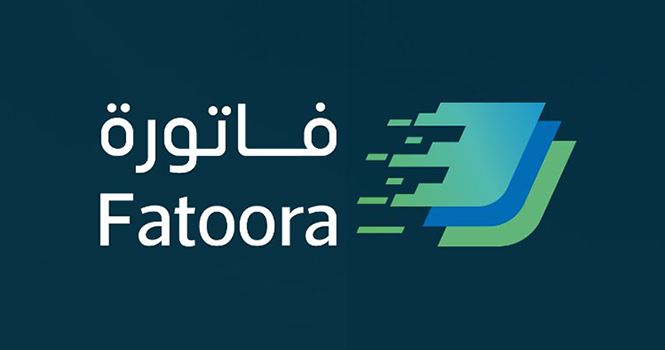What is e-invoicing?
Electronic invoicing will be rolled-out in two phases in KSA.
For the first phase, enforceable as of December 4th, 2021, for all taxpayers (excluding non-resident taxpayers), and any other parties issuing tax invoices on behalf of suppliers subject to VAT, electronic invoice issuance will be very similar to today, with invoices issued through a compliant electronic solution and including additional fields depending on the type of the transaction.
RECAP OF PHASE 1 REQUIREMENTS
'For December 4th, 2021, taxpayers should:
- 1.Stop issuing manual invoices: handwritten invoices and invoices written using text editing tools are not considered e-invoices
- 2.Use a compliant electronic invoicing solution: e-invoicing solutions must comply with the requirements and specifications published under the e-invoicing laws and regulations and can be summarized for Phase 1
- 3. Ensure invoices include the required additional fields
Note that, different types of invoicing may be regulated differently by the authorities and may require a specific format or compliance to be met.
RECAP OF PHASE 2 REQUIREMENTS
'In addition to Phase 1 requirements found here. for Phase 2 enforceable starting January 1st, 2023, in waves, taxpayers should:
- 1. User a compliant invoicing solution with phase two requirements
- 2. Integrate e-invoicing solution with ZATCA's Fatoora portal


